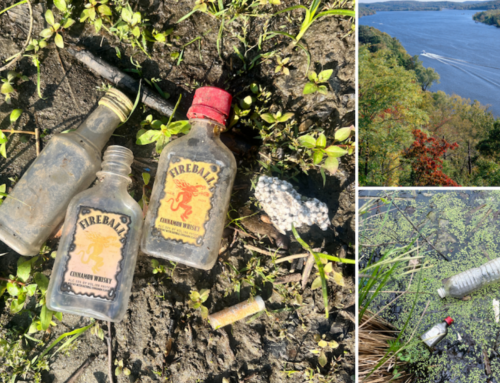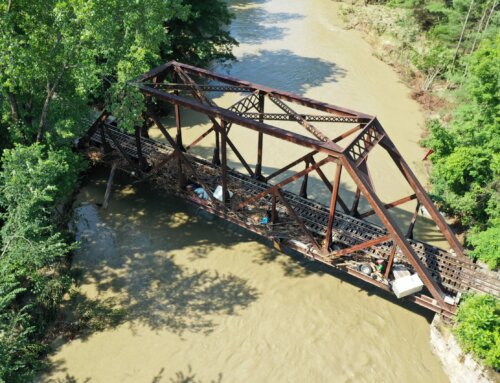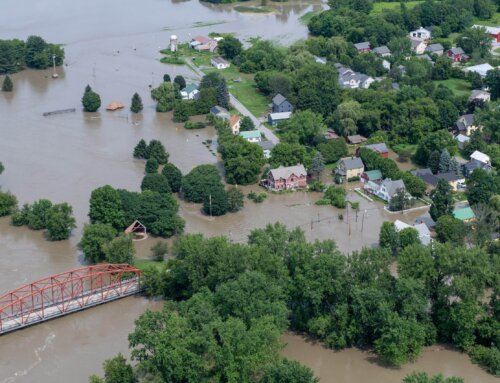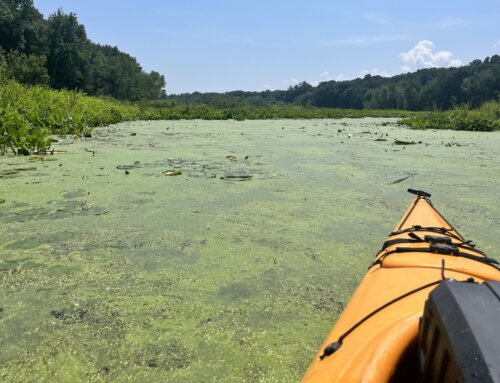Theodore (Ted) Diers
Watershed Management Bureau
29 Hazen Drive; P.O. Box 95
Concord, NH 03302-0095
Dear Mr. Diers:
Re: Proposed Water Quality Standard change:
Compliance Schedules Env-Wq 1701.03
The Connecticut River Watershed Council, Inc. (CRC) is a nonprofit membership citizen organization established in 1952 with a staff, member and board presence in New Hampshire and all the watershed states from Canada to Long Island Sound. CRC advocates for the protection, restoration, and sustainable use of the Connecticut River and its four-state watershed.Having reviewed the proposed draft rule change CRC would like to submit the following comments.
CRC supports the adoption of the change to the NH Water Quality Standards that allow schedules of compliance for permits issued under the NH DES/EPA NPDES program with the concern enumerated below. The Council agrees that there are instances when a permit should include a schedule of compliance for conditions designed to meet new, newly interpreted or revised water quality standards that became effective after both issuance of the initial permit and July 1, 1977.
The Council appreciates the language proposed that indicates that compliance should occur at the earliest possible date and that schedules shall include specific interim steps with dates for compliance for each of those steps. That is a very important element in this proposed rule in order to ensure progress toward a WQS requirement is ongoing.
The Council understands that there can be significant costs both in time and dollars to come into immediate compliance with NPDES permit conditions, and water quality standards as both municipalities and private facility owners work to retrofit existing development with best management practices in order to protect all waters or restore impaired streams.
That said, CRC does feel that the proposed rule would benefit from more specific language that defines how NH DES/EPA will determine eligibility for a compliance schedule as opposed to immediate compliance upon issuance of the permit. The current wording is silent on what is a reasonable standard for why the permittee should not comply with such permit requirements or limitations. The absence of a standard for eligibility for a compliance schedule provides little guidance to EPA, NH DES staff, the public, nor the permittee.
Beyond compliance schedule threshold eligibility standards, CRC suggests that NH DES add criteria, which both creates categories of compliance (0-5 years; 5 – 10 years; greater than 10 years) and further refines eligibility criteria for each of those categories. Longer timeframes should require higher burdens of proof of eligibility by the permittee.
Thank you for the opportunity to comment on the proposed WQS change.
Sincerely Sincerely
David L. Deen Upper Valley River Steward
Ron Rhodes North Country River Steward







